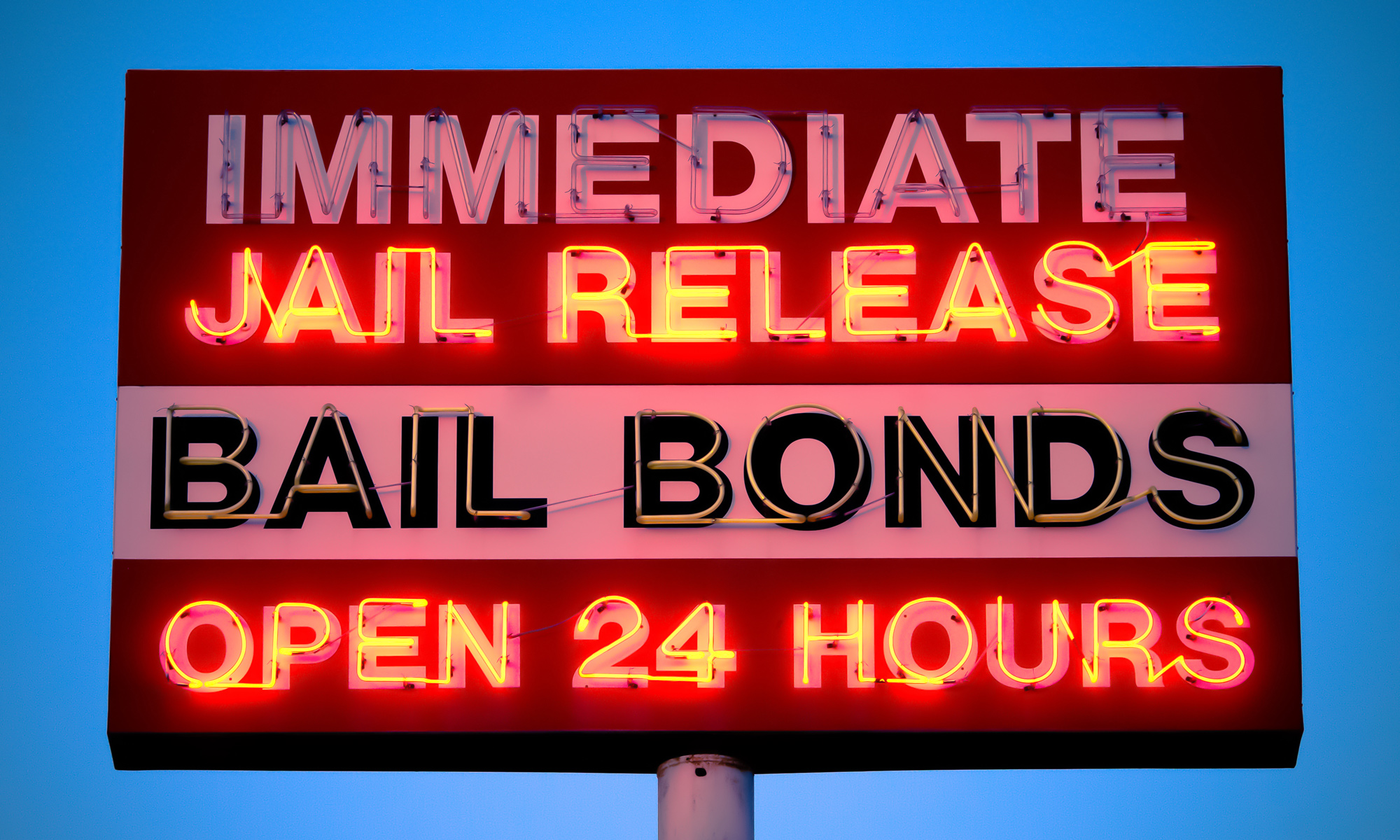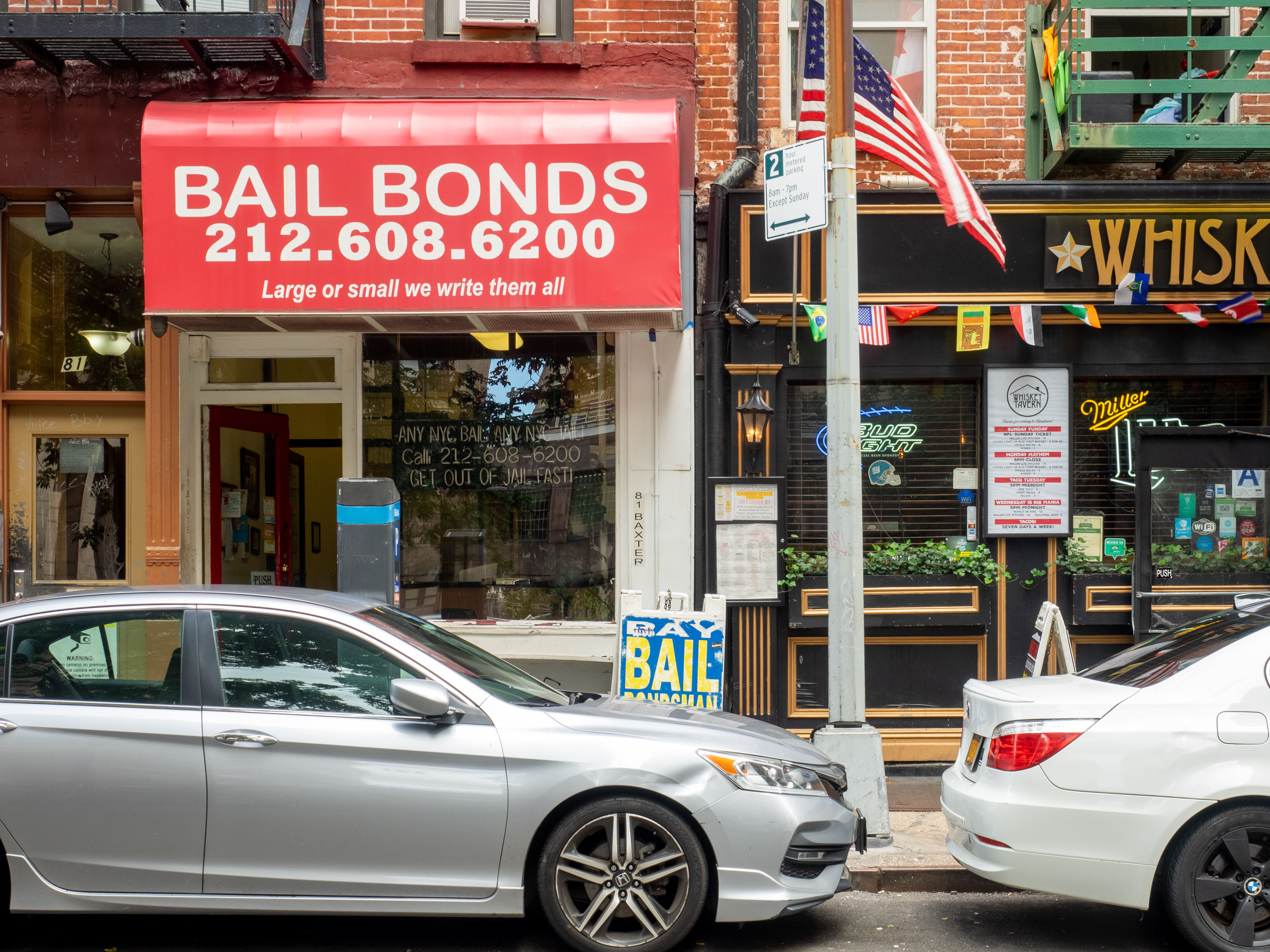Browsing the Lawful Labyrinth: Bail Bonds Explained for Beginners
Browsing the intricacies of the legal system can often seem like going across a difficult labyrinth, specifically when it involves recognizing Bail bonds. For beginners entering this unfamiliar surface, understanding the intricacies of Bail bonds is essential in making sure a informed and smooth procedure. From the basics of just how Bail bonds function to the numerous types readily available, each element plays an essential role in promoting the release of individuals waiting for trial. As we dig deeper right into this topic, clarity will be dropped on the bail bond procedure, the associated prices, and useful pointers for properly engaging with bondsman.
Basics of Bail Bonds
Recognizing the essential concepts of Bail bonds is vital for navigating the lawful process efficiently and sensibly. Bail bonds function as a financial warranty that an accused will show up in court as needed. When an individual is detained, they may be approved the opportunity to upload Bail in order to protect their release until their court date. If the individual can not pay for the full Bail amount set by the court, a bail bond agent can be gotten to give the needed funds on their behalf.
Basically, a bail bond is an agreement between the offender, the court, and the bail bond representative. The agent concurs to pay the complete Bail quantity if the offender falls short to appear in court, in exchange for a non-refundable fee commonly established at 10% of the overall Bail.
Kinds Of Bail Bonds
The most typical type is a cash money bond, where the defendant or a relative pays the complete Bail amount in cash. An additional alternative is a surety bond, where a bail bondsman pays the Bail on behalf of the accused for a cost, normally around 10% of the complete Bail quantity. Comprehending these various types of Bail bonds can aid people navigate the legal process much more effectively.
Bail Bond Process Described
The bail bond process entails a series of lawful steps that help with the launch of an accused from guardianship pending their court appearance. When a person is apprehended, a court sets a bail quantity based upon the extent of the supposed criminal activity and the likelihood of the defendant showing up in court. If the defendant can not afford the full Bail amount, they can seek the services of a bail bondsman. The offender or their enjoyed ones pay the bondsman a non-refundable cost, usually a percentage of the total Bail amount, to secure a bail bond. The bondsman after that uploads the complete Bail quantity to the court, assuring the accused's look in any way court procedures.

Understanding Bail Bond Costs
Upon read this securing a bail bond via a bail bondsman, individuals experience a vital aspect of the lawful procedure: the monetary obligations tied to the bail bond. Bail bond prices commonly involve a non-refundable charge, typically around 10% of the total Bail quantity set by the court. As an example, if the court establishes Bail at $10,000, the bail bond premium will certainly be $1,000. This charge is the bondsman's fee for posting the complete Bail amount and assuming the threat if the accused falls short to show up in court.
Along with the premium, security may be needed to safeguard the bail bond. Collateral can be in the kind of property, valuable possessions, or a co-signer who ensures settlement if the defendant avoids Bail. The collateral works as a backup plan for the bail bondsman in instance the defendant absconds.
It's important for people seeking Bail bonds to totally recognize the prices involved and the regards to the arrangement before continuing. By being educated about bail bond costs, people can browse the lawful procedure in jail without no bail extra effectively and make well-informed decisions.
Tips for Dealing With Bail Bondsmen

In addition, it's crucial to provide accurate info about the offender and their instance. This consists of information such as their full name, day of birth, the location of their apprehension, and the fees they are facing. dayton bail bonds. Providing wrong or insufficient information can cause delays in the bail bond procedure

Final Thought
In conclusion, understanding the fundamentals of Bail bonds, the different kinds available, the procedure included, and the expenses related to them is important for browsing the lawful system. By collaborating with bondsman and adhering to these pointers, people can make certain a smoother and more effective Bail procedure. When dealing with Bail bonds to stay clear of any kind of unnecessary issues or misconceptions., it is vital to be informed and experienced.
Basically, a bail bond is an agreement in between the accused, the court, and the bail bond agent. One more option is a surety bond, Check This Out where a bail bondsman pays the Bail on behalf of the accused for a cost, commonly around 10% of the total Bail amount. The offender or their liked ones pay the bondsman a non-refundable fee, typically a percent of the complete Bail amount, to secure a bail bond.Upon protecting a bail bond via a bondsman, individuals run into a vital facet of the legal procedure: the financial responsibilities tied to the bail bond. Bail bond costs generally involve a non-refundable cost, normally around 10% of the overall Bail quantity set by the court.